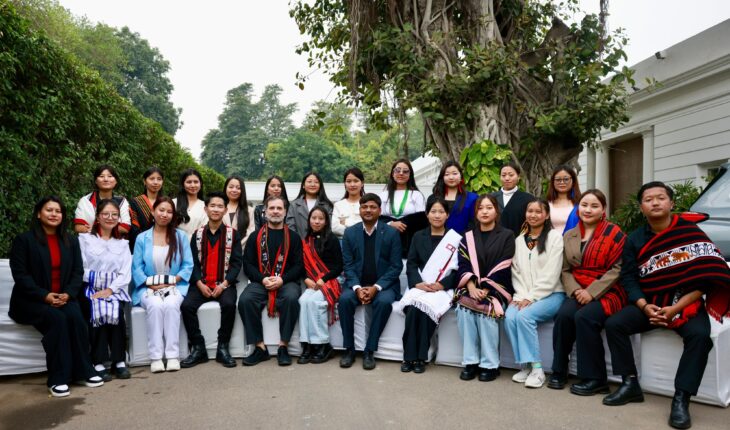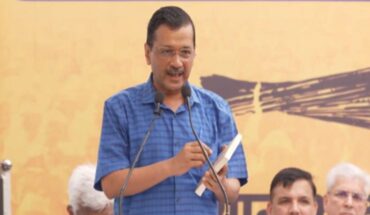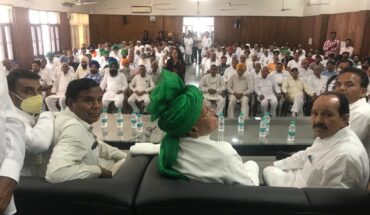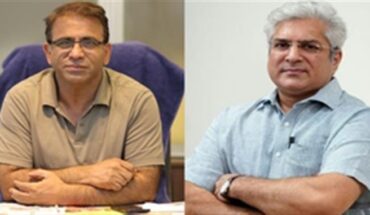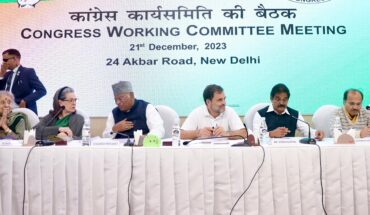New Delhi : leader of Opposition Rahul Gandhi today spoke with students from Nagaland recently and realized how little we are taught about their culture—that’s not education, that’s erasure. The Northeast should be far more central to India’s vision and development.
The real conversation, though, was about the future. The world is shifting to a new energy system, where electric motors, batteries, and optics will be the most crucial technologies. Yet India remains stuck in outdated economic thinking, controlled by monopolies like Reliance and Adani. Our policies still favor fossil fuels, while China and the US race ahead in EVs, AI, and battery tech.
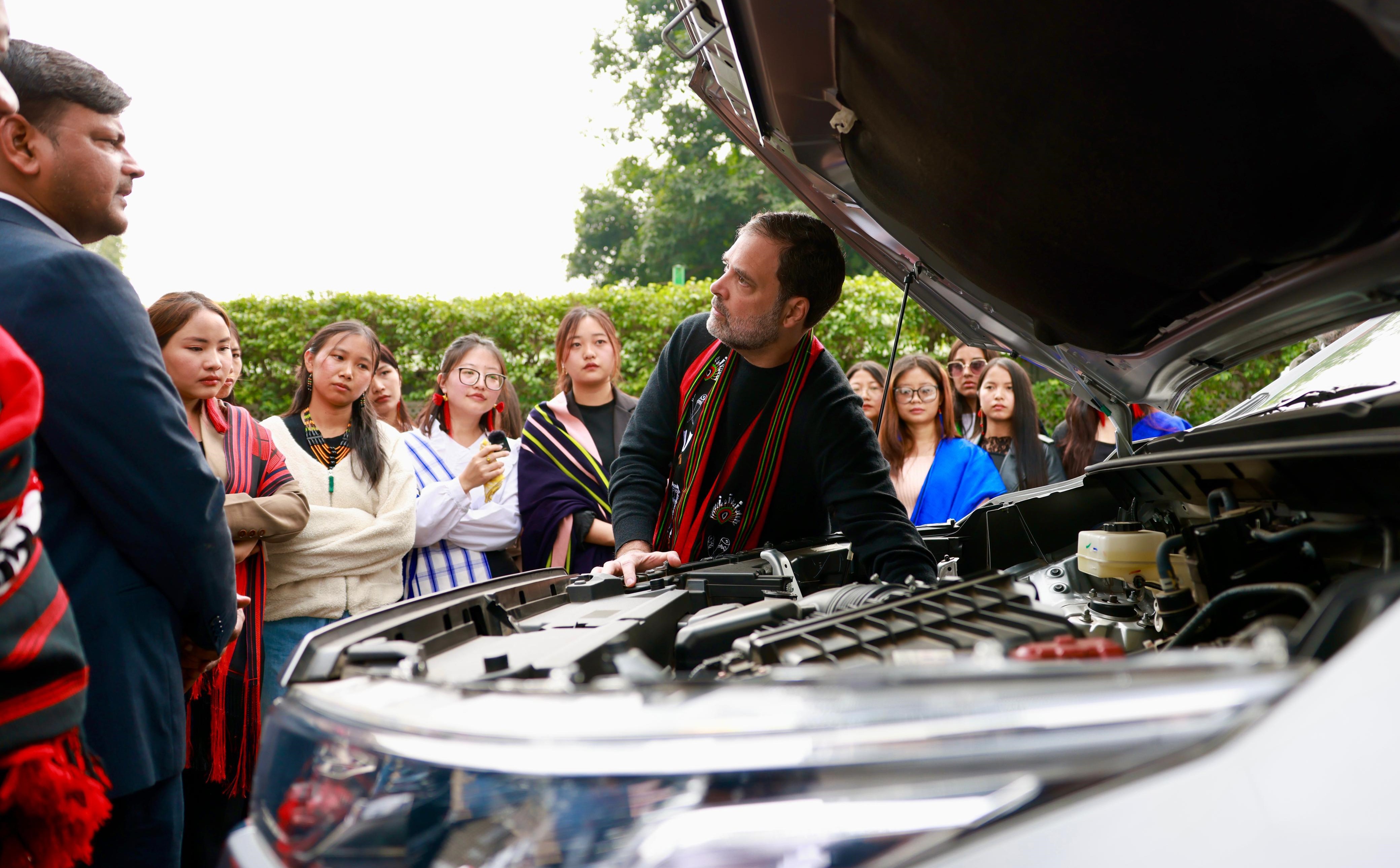
This isn’t just an economic shift—it’s a power shift. Take cars, for example. Traditional engines are centralized power sources, but in EVs, power is decentralized—batteries and motors reshape the entire design. The same is happening across energy and industry. When power is no longer concentrated in a few hands—whether in business or government—it transforms everything: our economy, our politics, even the nature of war.
We need to bring these conversations to universities, to young minds—because we’re on the brink of a paradigm shift. If we don’t adapt, we won’t just fall behind in industry—we’ll lose control over our own future. The first step to shaping it is understanding it.


